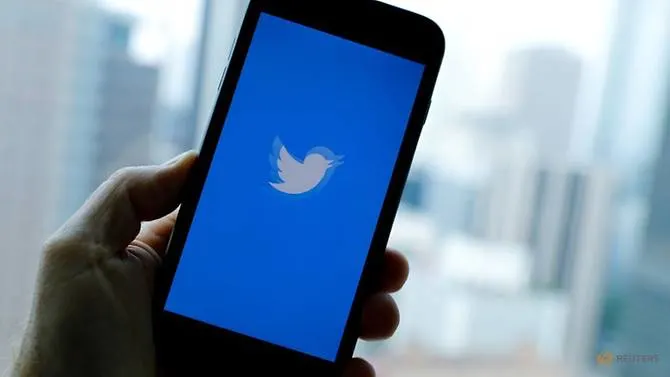Twitter imposes restrictions, more warning labels ahead of US election
10 October, 2020

Twitter Inc said on Friday it'll remove tweets calling for folks to interfere with the U.S. election process or implementation of election results, including through violence, as the business also announced more restrictions to slow the spread of misinformation.
Twitter said in a blog page post that, from next week, users will receive a prompt pointing them to credible information before they are able to retweet content that has been labeled as misleading.
It said it could add more warnings and restrictions on tweets with misleading information labels from U.S. political figures like individuals and campaigns, along with U.S.-based accounts with an increase of than 100,000 followers or that get "significant engagement."
Twitter, which recently told Reuters it had been testing learning to make its labeling more apparent and direct, said persons will need to tap through warnings to see these tweets. Users may also only 'quote tweet' this article, as likes, retweets and replies will be switched off.
Twitter says it has labeled thousands of misleading posts, though most attention has been on labels applied to tweets by U.S. President Donald Trump. Twitter also said it could label tweets that falsely claim a win for just about any candidate.
The company announced several non permanent steps to slow amplification of content: for instance, from Oct. 20 to at least the finish of the U.S. election week, global users pressing "retweet" will be directed first to the "quote tweet" button to inspire people to include their own commentary.
It will stop surfacing trending topics without added context, and can stop people seeing "well-liked by" recommendations from persons they don't know within their timeline.
Twitter's decision to hit the brakes on automated suggestions contrasts with the approach at Facebook Inc , which is amping up promotion of its groups product despite concerns about extremism in those spaces.
Social media companies are under pressure to combat election-related misinformation and plan the likelihood of violence or poll place intimidation around the Nov. 3 vote.
Reuters has reported that Republicans are mobilizing a large number of volunteers to view early voting sites and ballot drop boxes to find evidence to back up Trump's unsubstantiated complaints about widespread voter fraud.
On Wednesday, Facebook said it could ban calls for poll watching using "militarized language."
Source: www.channelnewsasia.com
